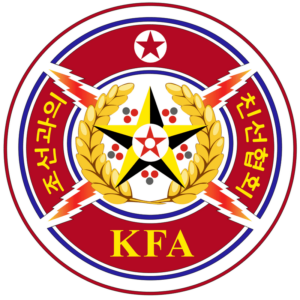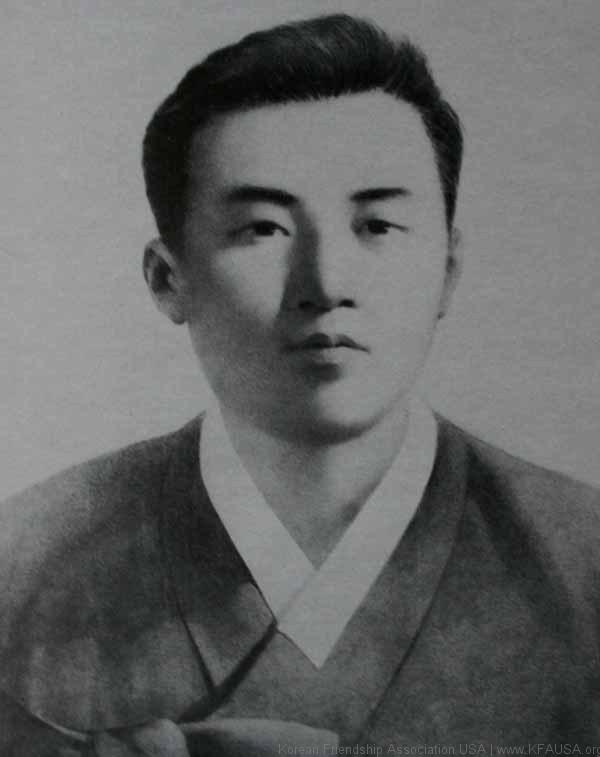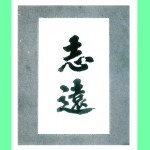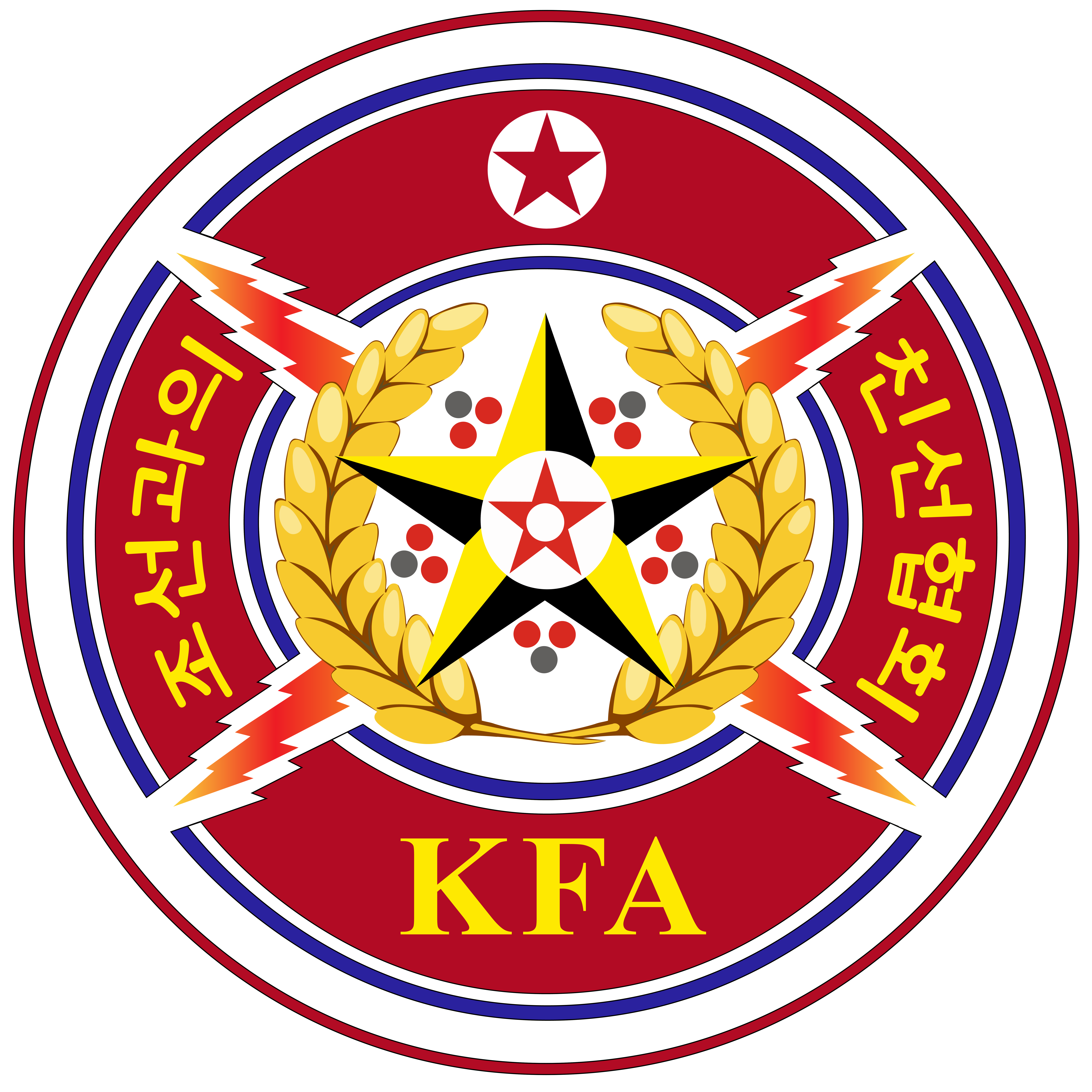Kim Il Sung
Legacy of Kim Hyong Jik, Father of Kim Il Sung
June 5 this year marks the 88th anniversary of the demise of Kim Hyong Jik, the father of the great President Kim Il Sung and an outstanding leader of the anti-Japanese national liberation movement of Korea. His life was a brilliant life of genuine patriot and staunch revolutionary who devoted everything to the independence of the country and the freedom and happiness of the people.
Kim Hyong Jik, who rendered immortal services to be recorded forever in the history of the Korean anti-Japanese national liberation struggle, left valuable legacies of the Korean revolution to be carried on generation after generation.
President Kim Il Sung recalled with deep emotion that the idea of “Jiwon” or Aim High, preparedness for three contingencies, the idea of gaining comrades and two pistols–these were all he took over from his father, a teacher and leader who had continuously led him along the path of revolution.
Kim Hyong Jik´s idea of “Aim High” was run through with the spirit of national independence and patriotic stand on resolutely opposing aggression and subjugation, oppression and exploitation, warmly loving the country and people, and liberating the country, achieving national independence and furthermore, building a highly civilized new society in the liberated country by believing in the strength of his people and increasing their strength.
Preparedness for three contingencies, that is, death from hunger, death from beating and death from freezing, represents the profound meaning that the struggle against the most outrageous Japanese imperialists can emerge victorious only through a do-or-die struggle and that a revolutionary can complete the revolution only with preparedness for death.
His idea of gaining comrades is that revolution begins with winning comrades and only he who is ready to die for his comrades can get good and genuine comrades.
The two pistols left by Kim Hyong Jik teach the theory of rifle that national independence and society for proletarians do not come of their own accord as they are wanted and the struggle against the most vicious robber, Japanese imperialism, can be won only through an armed struggle.
Kim Hyong Jik did not stop struggle even though he was fatally wounded by cruel tortures and frostbite on the arduous road of revolution accompanied by ordeals. He staunchly marched along the long road of struggle without looking back or hesitation, leaning on a stick when exhausted and eating snow when hungry.
The legacies left by Kim Hyong Jik were gained through such hardships and do-or-die struggle. They are infinitely valuable legacies for the Korean revolution.



